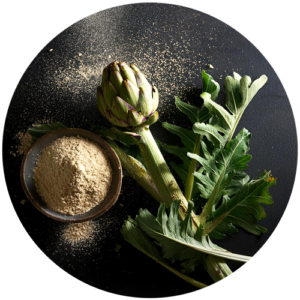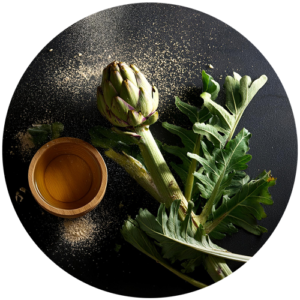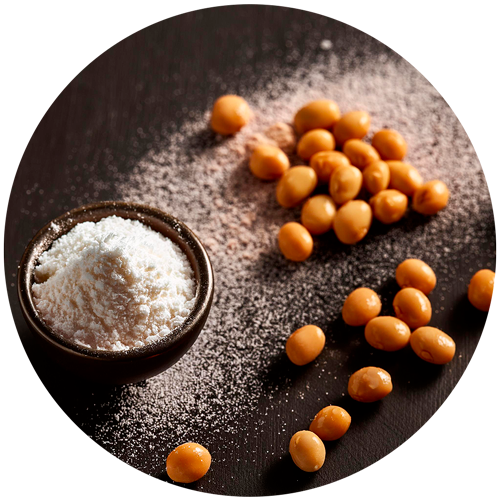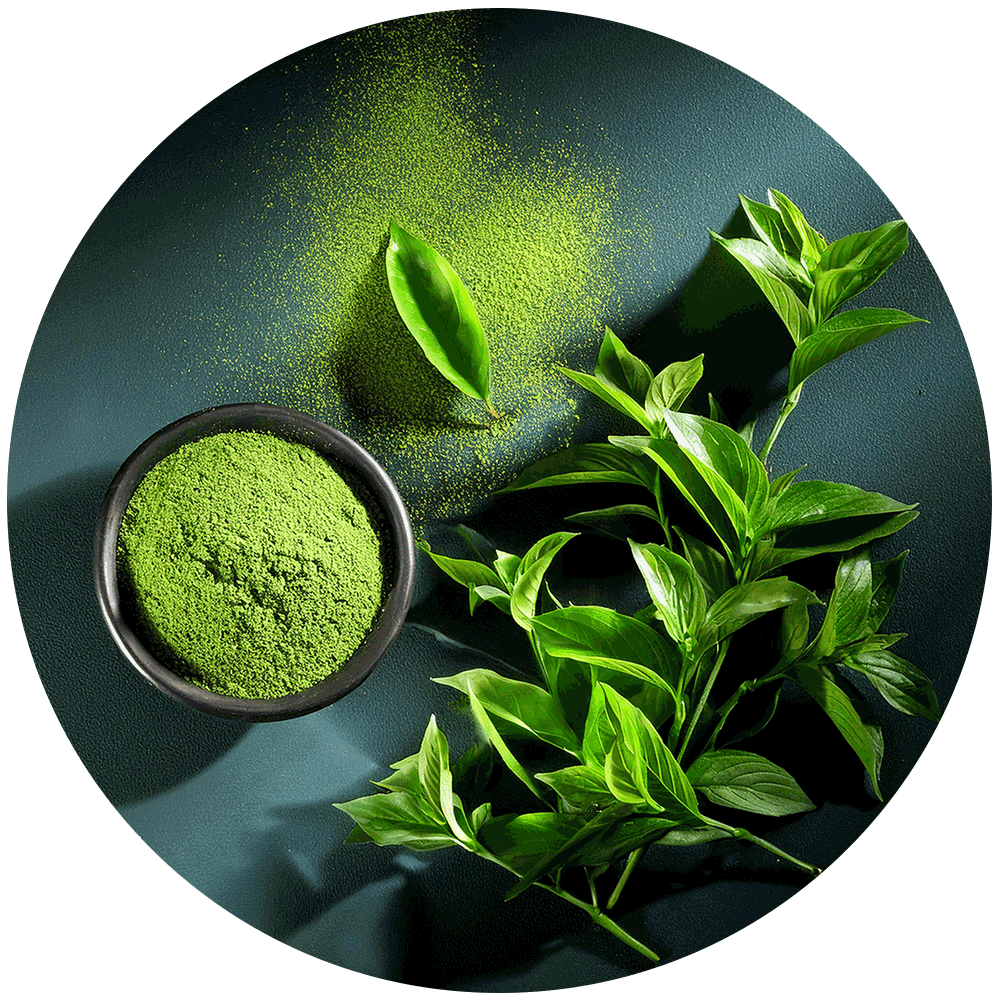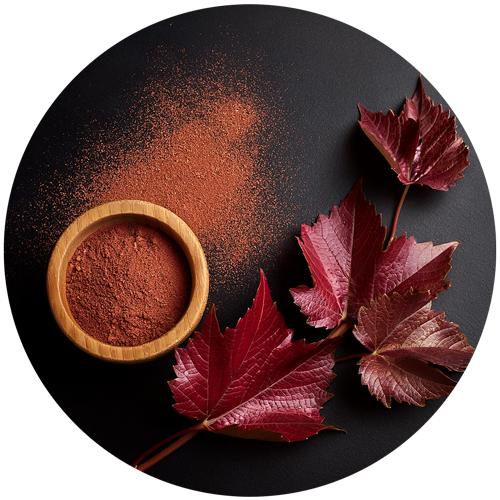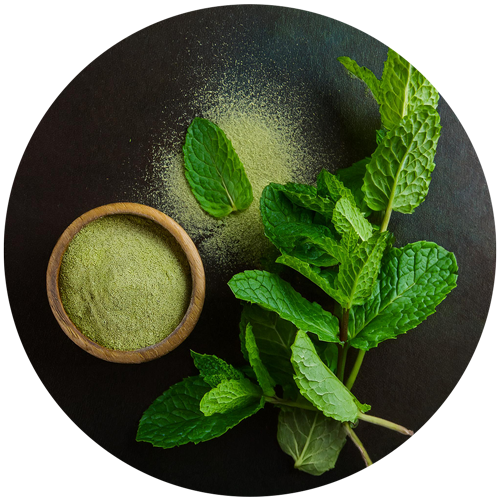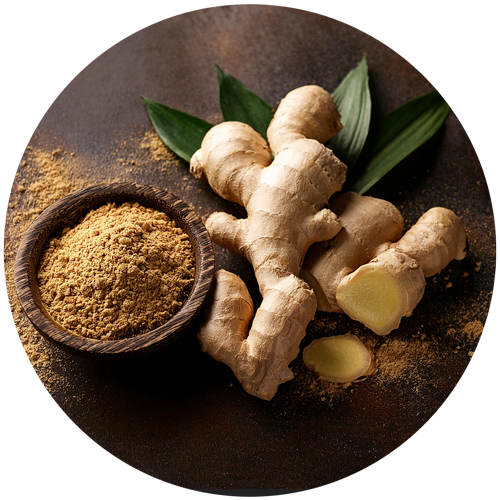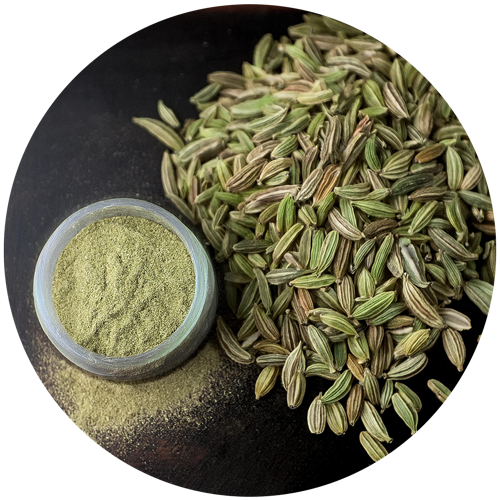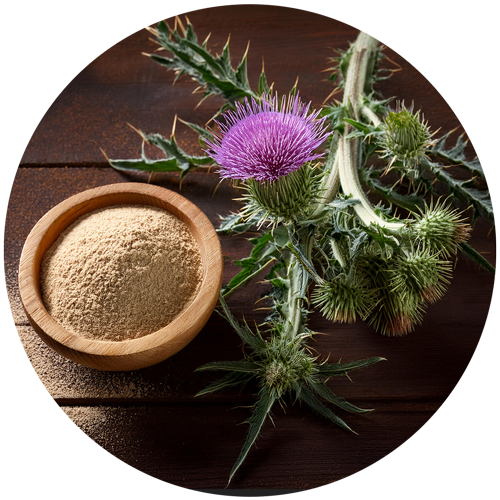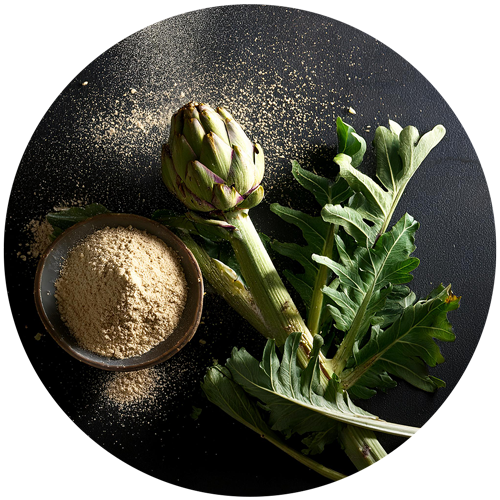

ARTICHOKE
 Cardiovascular system
Cardiovascular system  Slimming
Slimming  Liver function
Liver function  Renal function
Renal function  Digestion
Digestion  Cholesterol
Cholesterol  Antioxidant
Antioxidant The artichoke, a member of the Asteraceae family, is native to the Mediterranean basin. It has been cultivated since Antiquity for its use in food, but also for its health benefits. Rich in antioxidants, artichoke leaves aid digestion and contribute to normal liver function. Read the detailed description
Our references
Regulations
and analysis
Identification : TLC
Data on traditional use
Cahier de l’agence du médicament (France):
- Facilitates the body’s elimination functions
- Promotes bile elimination and aids digestion
- Promotes renal elimination of water
EMA monograph :
- Relief of digestive disorders such as indigestion with a feeling of fullness, bloating and flatulence
WHO monograph :
- Blood glucose
- Renal function
Monographie Canada :
- To relieve digestive disorders, such as indigestion, and to help stimulate bile secretion
German monograph :
- Relief from indigestion
Association ideas by health axis
Select one or more axes:
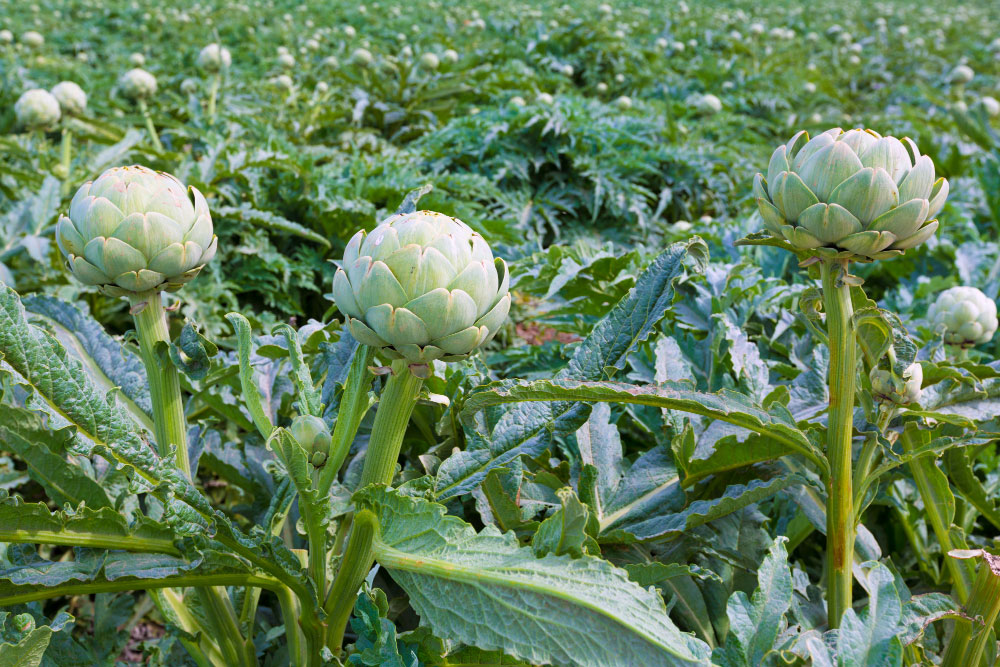
Detailed description
The artichoke leaf, Cynara scolymus, has a distinctive phenotype with large, lobed leaves of a silvery-green hue. The artichoke has been cultivated since antiquity for food and medicinal purposes, notably by the Egyptians, Greeks and Romans, but it was under Catherine de Medicis (16th century) that it was reintroduced and gained popularity in France.
Traditionally, artichoke leaves have been used to treat digestive disorders and support healthy liver function. A decoction of the leaves stimulates the production of bile, thus improving digestion. Artichoke leaf extracts are also known for their beneficial effects on liver function, their choleretic properties and their ability to promote renal elimination.
Artichoke leaves contain active compounds such as cynarin, involved in the secretion of bile salts and thus the digestion of lipids. In addition, the phenols they contain have the ability to modulate cellular antioxidants and several important enzymatic pathways, helping to protect cells against oxidative damage.
Finally, the leaves, and more specifically the luteolin they contain, can be credited with cardiometabolic properties, as they improve the lipid profile and inhibit insulin-dependent activity. One of Pharmanager Ingredients’ main references, we offer artichoke in powder form or as a ratio or standardized extract.
